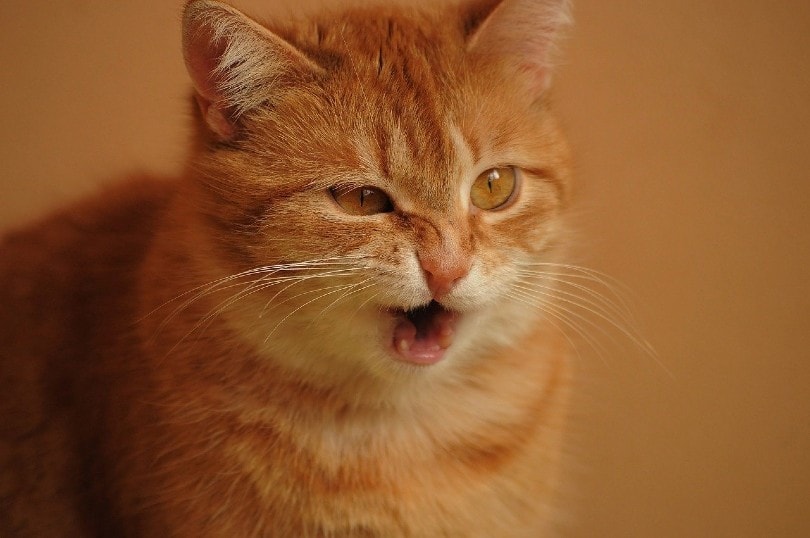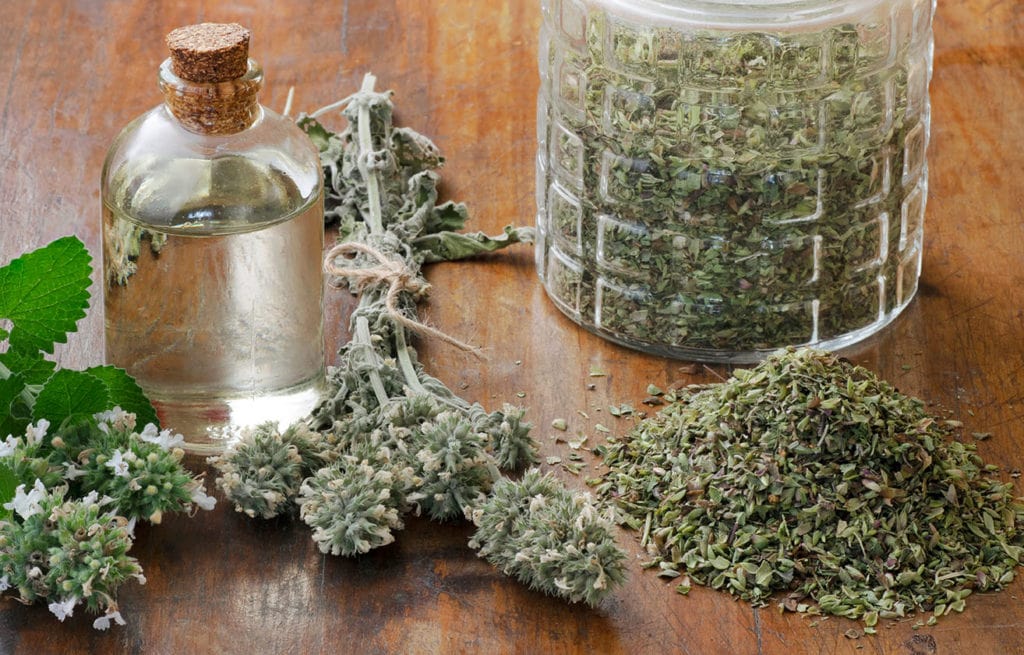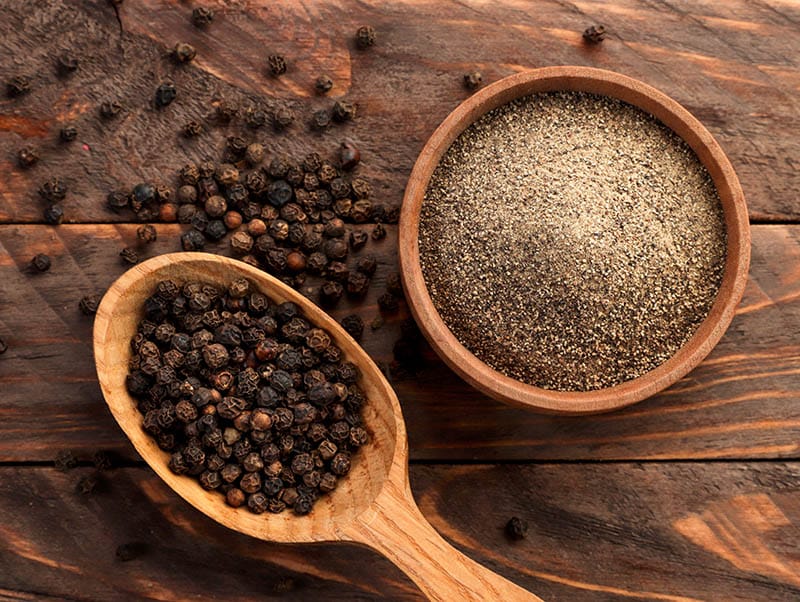People have been peppering their dishes for over 4000 years, since black pepper was first used in India. Since its discovery, it’s only grown in popularity and has become a staple in households around the world. Black pepper has been a welcome addition to the human diet, but what about cats? Although it’s not toxic to cats, black pepper is too spicy and can give your cat an upset stomach. Below, we’ll discuss why black pepper isn’t suitable for cats and which herbs or seasonings cats can consume.

Can Cats Eat Black Pepper?
Black pepper contains piperine, which is the compound that gives it its heat. While humans can handle piperine without issue, the same can’t be said for cats. It can lead to irritation and discomfort for your cat and may cause diarrhea, vomiting, and sneezing.
Cats and humans are very different; as omnivores, humans can eat plants and meat, but cats are obligate carnivores. Obligate carnivores cannot properly digest plant matter, and cannot survive off plants. While pepper shouldn’t cause any problems in small quantities, too much pepper can lead to digestive issues.
Also, if the pepper gets into your feline’s eyes or nose, it can cause severe irritation and burning, so it’s best to keep it away from your cat, especially as most cats like to have a thorough sniff of anything they’re going to eat.

Can Cats Eat Food That Has Been Seasoned with Black Pepper
While a bite of something seasoned with black pepper probably won’t do any harm, other seasonings on the food could, and it’s not worth the risk. Foods seasoned with black pepper may also contain garlic or onion, which can be fatal for your cat. At the end of the day, giving your cat food with black pepper won’t do any good for them but can do a lot of harm, so it’s best to keep it away from them.

Safe Herbs for Your Cat
It’s not a good idea to feed black pepper to your cat, but are there other seasonings or herbs they can consume? Cats don’t require herbs of any kind in their diet, but here are some that are safe for them to consume occasionally.
1. Catnip

Let’s get the most obvious one out of the way first; everyone has heard of catnip and its unique effects on felines. It provides a brief burst of energy that can encourage lazy cats to play more and exercise. If a cat consumes catnip, it can help them fall asleep. However, you should only purchase culinary-grade catnip that’s safe to consume if your cat likes to eat it. Some cats don’t react to catnip, but there are other herbs that can produce similar effects.
2. Cat Thyme
If catnip doesn’t work on your feline, you can try giving them cat thyme. Cat thyme has similar calming and stress-relieving effects as catnip. However, cat thyme has two downsides, and the first is that it smells awful. The second is that it grows very slowly, so if you’re growing it yourself, you may want to have a few plants.
3. Licorice Root

Licorice root carries many benefits for your cat. It can help soothe allergies and digestive issues, and it also has anti-inflammatory properties, making it useful for cats with arthritis. On top of all that, it soothes mucus membranes, makes colds less dreadful for your poor kitty, and tastes great.
4. Valerian
Valerian is a great example of how different cats and humans are. It helps humans relieve stress and get a good night’s sleep, but its effects on cats are the exact opposite. Valerian is a stimulant for felines, and gives them a boost of energy. It is great for getting lazy cats up and moving, which is ideal for owners trying to get their cats to lose weight. Unfortunately, it has a potent odor that most cat owners find unappealing.

Closing Thoughts
If your cat sneaks a bite of food seasoned with black pepper, they’re unlikely to have an adverse reaction. However, black pepper is unsuitable for cats and should not be fed to them. It can cause vomiting, diarrhea, and irritation if they consume it, but it can also cause respiratory issues if they inhale too much. We discussed a few herbs that are safe for your cat to consume, but before you introduce anything new to their diet, you should consult your vet to ensure they’re suitable for your cat.
Featured Image Credit: innakreativ, Shutterstock





